This is a subtitle for your new post

A power of attorney is a powerful planning document that enables you (the principal) to give another person (the agent or attorney-in-fact) the power to act for you while you are alive.
Because powers of attorney are often prepared in the context of estate planning, many believe they give their agents the power to continue acting after their death.
Although every state’s laws and forms vary, most power of attorney forms specify that the agency relationship created by a power of attorney ends upon a person’s death.
WHAT DOES A POWER OF ATTORNEY DO?
A power of attorney (POA) can convey a significant range of power to the person you appoint. This includes the ability to do the following on your behalf:
- Enter into real estate transactions;
- Enter into leases and purchase personal property;
- Buy bonds or other securities;
- Engage in banking transactions;
- Engage in business operating transactions;
- Handle insurance transactions;
- Engage in estate transactions;
- Make decisions concerning any claims you have or in which you may be involved;
- Make gifts or charitable donations;
- Manage any benefits you receive or are entitled to;
- Manage the financial aspects of your health care;
- Manage your retirement accounts;
- Handle your tax matters; and/or
- Delegate any of the above responsibilities to a third party.
POWER OF ATTORNEY FORMS
Most POA forms allow you to choose how specific or broad you would like the powers you give to be so that you can tailor a power of attorney to suit your needs. An agent can also update a power of attorney over time as a principal’s needs change.
In many states, these powers, once delegated, remain in place even in the event of your incapacity. People frequently execute a power of attorney for this reason. They do not want to worry about what may happen should they become incapacitated or whether a loved one will have the ability to handle their affairs if they are no longer able to do so.
POWER OF ATTORNEY AFTER DEATH
That being said, a power of attorney expires upon your death. So, if you have entrusted a particular person with carrying out certain functions on your behalf while you were alive, those abilities cease when you pass away.
If you wish for the same person to continue handling your affairs after you die, you would need to specify they serve as the executor or personal representative of your will or trustee of your trust.
If you are concerned about maintaining continuity or making sure a particular person oversees your affairs upon your passing, be sure speak with an estate planning attorney. Every person’s situation and needs are different, and state laws also vary.


